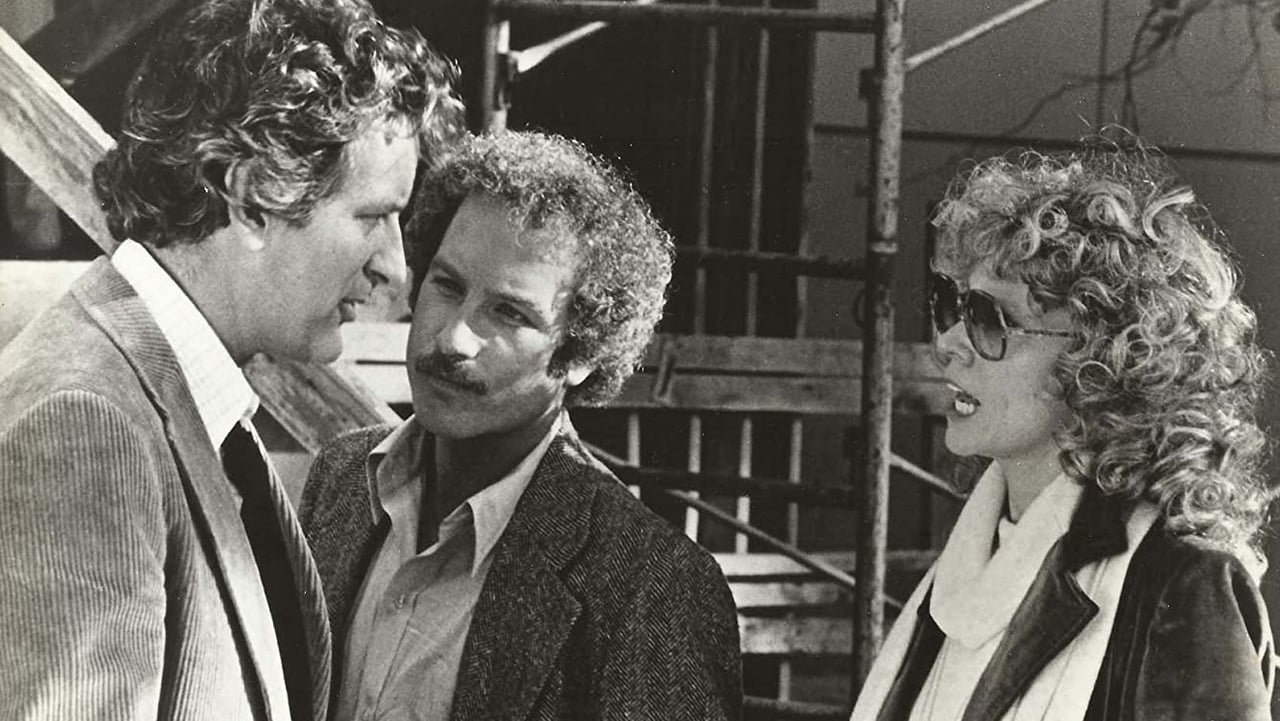

This movie and John Sayles's "The Return of the Secaucus Seven" are the best movies I know about the post-hippie years."The Big Fix" is funny, fast, and smart -- and also touching. The scenes of the old activists in jail and around the swimming pool are touched with aching nostalgia. Richard Dreyfuss plays an adorable, idealistic nebbish who really thought the future was going to hold more than EST trainers and deteriorating VW Beetles. I think it's his best performance (though "Inserts" was also fine).I have read the book on which this was based, and it is not only nothing like the movie but considerably worse than the movie. This is one case ("Roger Rabbit" is another) in which the Hollywood rewrite was a noticeable improvement over the original.
... View MoreI saw this film when I was 18, and at 51 I realize what a dope I was. This is sloppy 70's film-making at its WORST. Dreyfus is (like the entire film) using cutesy shorthand in lieu of acting. One need only look at the constant continuity errors to realize that everybody must have been either high, or thought making a quality film was too bourgeois. I "got" the 60's. I was a teen in the 70's, and "The Big Fix" is typical of the hipster coding that allowed the excesses that typified Richard Dreyfus "the drug years". What was well written wisenheimer dialog in "Jaws" and "The Good-Bye Girl" is here reduced to winging it, and the wires of laziness clearly show the puppet to be merely in motion; mimicking performance. What a silly, and disingenuous waste of time this film still is!
... View MoreThis is the best movie Richard Dreyfus has been in. Corruption and dirty tricks in a senatorial campaign directed by John Lithgow, an Abbie Hoffman character played by F. Murray Abraham, not a little comedy and a heaping of social commentary a la 60's style make this a highly recommended movie. I hope it comes out on DVD soon.
... View MoreWhen it was released in 1978, there was already a distance built into The Big Fix, based on a detective novel set in the ashes of the counterculture. The story had been commissioned by Rolling Stone magazine from Roger L. Simon, who wrote the script. On its release, the film was already drawing on images of the late 60s that had ceased to be memories but had already entered a misty mythology. Richard Dreyfuss, fresh from the Spielberg hits (Jaws, Close Encounters of the Third Kind) that had made him a star. not to mention his Academy Award for The Goodbye Girl), plays Moses Wine, aonetime rebel who has fallen on hardtimes. His wife, Bonnie Bedelia, has divorced him (though he dotes --rather tiresomely -- on his two sons), and he earns his keep as aprivate investigator when not smoking up and playing solitaire Clue in his -- there's no other word -- "pad." Operatives of a political campaign sign him on to find out who is waging a dirty-tricks campaign to link their candidate to a legendary radical, now disappeared deep into the underground. The story has some interesting twists, particularly those involving Susan Anspach, John Lithgow and F. Murray Abraham, but the plot tends to disappear into holes here and there, as though told in a marijuana haze. Viewed in the new millennium, The Big Fix unfolds behind two scrims of nostalgia: The one in the story itself, where 60s has-beens, unhappy with how the world has turned, yearn for barricades and love-ins; and the one revealed by the talents who made the movie, where that yearning for the heady days of the counterculture -- Berkeley! Vietnam! Hash brownies! -- has developed its own, peculiarly fusty period flavor.
... View More